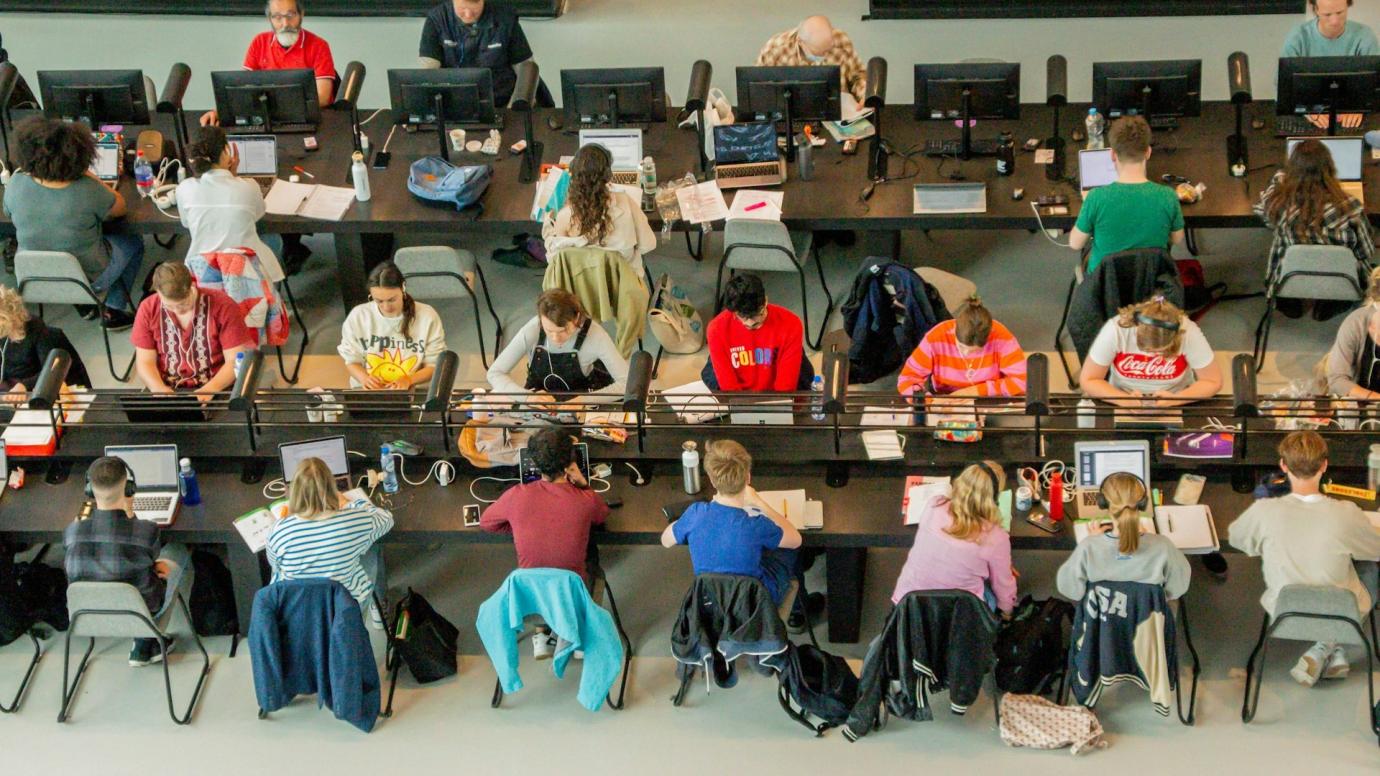Studying in Europe? Balancing part-time work and your studies
Working part-time during your studies can offer valuable experience and extra income. But as an international student, how can you plan, prioritise, and get the right support so you can work while putting your academic success first?

As an international student, you may be allowed to work part-time while studying in Europe. This can help you develop new skills, improve your language abilities, and support your living costs. It can also offer a chance to connect with your local community and gain experience in a new cultural setting.
However, don’t forget that academic success should remain your top priority! Working too many hours alongside a demanding course schedule can lead to stress and even burnout — especially when you're also adjusting to a new country, language, and learning environment.
That’s why it’s important to set yourself clear limits, understand your visa conditions, and follow local rules on working hours. With the right balance, you can gain valuable work experience without it affecting your studies or well-being.
Tips for managing your time
Balancing part-time work with university life requires clear planning and smart choices. Here are a few ways to stay on track.
Understand your work rights
In most European countries, non-EU students can work part-time — but there are limits. Check your residence permit and local regulations before starting any job. The EU’s immigration portal can be a good place to start.
Set academic priorities
Know your course schedule, and plan around exams, project deadlines, and important assignments.
Use support from your university
Most universities offer career advice, time management tools, and mentoring programmes. Take advantage of services that can help you stay organised and focused.
Maintain healthy habits
Good sleep, regular meals, and social time help you stay motivated and reduce stress. Don’t skip rest to work more — it can impact your academic results.
Focus on what matters most
Remember: your degree is the main goal. Stay focused on your academic progress, know your limits, and take care of your well-being along the way!
Looking for more tips?
Tools to help you find a job and present your skills in Europe
Last updated:


